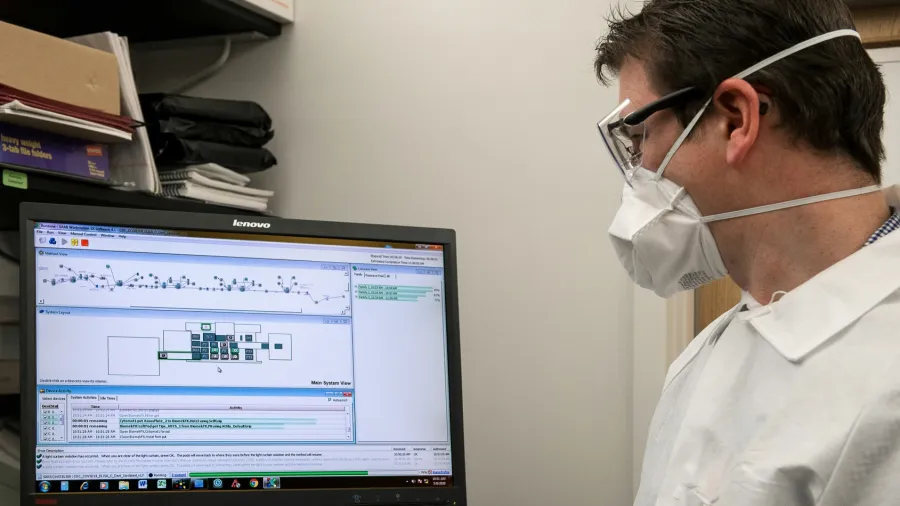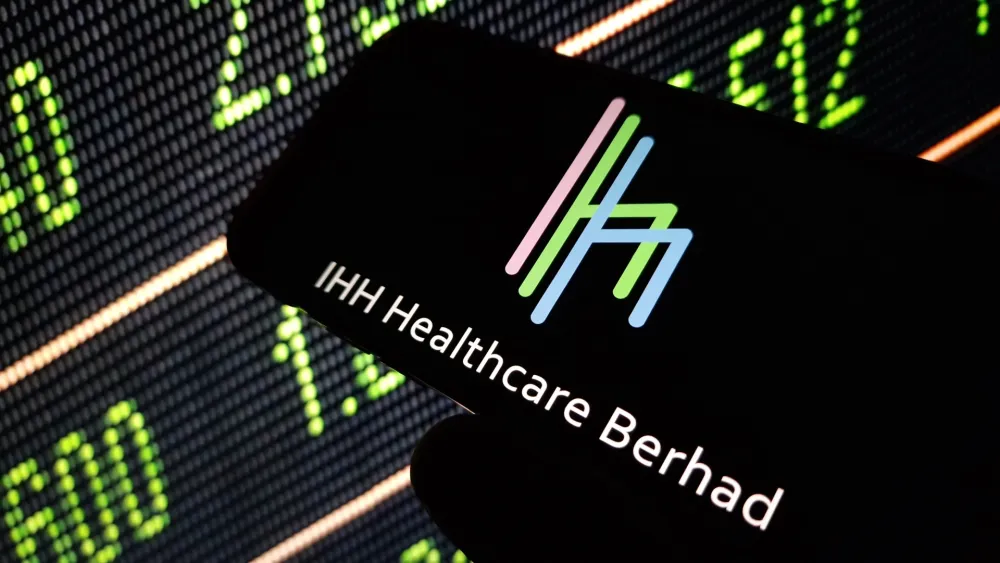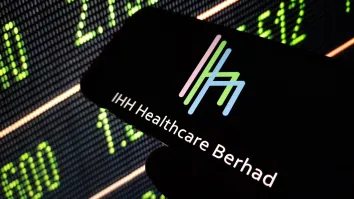
Healthcare IT market to surge by $199.8b by 2028
It is driven by improved service quality and efficiency.
The global healthcare IT market is projected to grow by $199.8b from 2024 to 2028, with a compound annual growth rate of 11.61%, according to Technavio.
The growth is driven by a focus on enhancing service quality and efficiency, with AI-enabled emotion recognition technology emerging as a key trend.
AI is increasingly used in healthcare for precise diagnostics and patient treatment, with emotion recognition technology allowing real-time analysis of patients' emotions through facial expressions captured by smartphones and tablets. This technology is also integrated into wearable devices and smart glasses, benefiting visually impaired individuals and those with autism.
Moreover, the healthcare IT sector is expanding with rising demand for medical apps, consumer technology, and advanced IT solutions. Hospitals and care centers are also investing in IT infrastructure for better patient care and safety. Trends such as big data, AI, IoT, genomics, and telemedicine are driving this growth.
However, the sector's reliance on IT and electronic communications for managing sensitive data—such as medical records, patient information, and insurance details—heightens the risk of cyber threats. Cybercrime, including hacking and data breaches, also poses a significant threat.
The sector must also address capacity management for hospital beds and equipment, effective communication between virtual and inpatient care, and IT system usability. Enhanced focus on patient care quality, nurse training, and IT system integration is crucial for overcoming these challenges.



















 Advertise
Advertise






